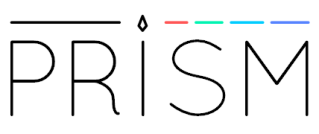Thirteen years ago, I was a graduate student in English literature when the Twin Towers collapsed, a fireball erupted from the Pentagon, and a group of everyday travelers hurtled a fourth involved commercial airliner, in self-sacrifice, into a muddy field. We got an email from our department chair. It read (I paraphrase), “this is why poetry matters.”
I had been watching people leap to their deaths from skyscrapers on the morning news. “Bullshit,” said I, a girl who had been in love with Shakespeare and Pope and Keats and Tennyson since grade school. And that was the end of any more conventional conception I may have had of my own career–the end, for me, of the profession of English.
I was, truth be told, already on the way out, toward my discipline’s methodological and material oddball fringe–specializing by then not in literary hermeneutics but in the mapping of its lessons and techniques to bibliography, scholarly editing, human-computer interaction, and humanities computing. Over time–by applying my teaching experience and past education in Education, and by learning from the side jobs in labs and centers that I held as a grad student–I built some expertise in project management and digital cultural heritage. In that way, I applied myself to work that felt more satisfyingly pragmatic to me. I couldn’t bear to spend my time happily, as a single, sensitive reader and writer–but I could happily spend it struggling: nudging and nurturing people, and helping them find ways to work effectively as teams in the protection and remediation and interpretation and sharing of stuff. Soon I was a mother and a post-doc. Then I was a member of UVa’s research faculty in Media Studies and a mother some more. Finally, I became a librarian and (heaven help me) an administrator. Continue reading “all at once”



 Several months ago, my husband posted a brief,
Several months ago, my husband posted a brief,  This year, it’s
This year, it’s